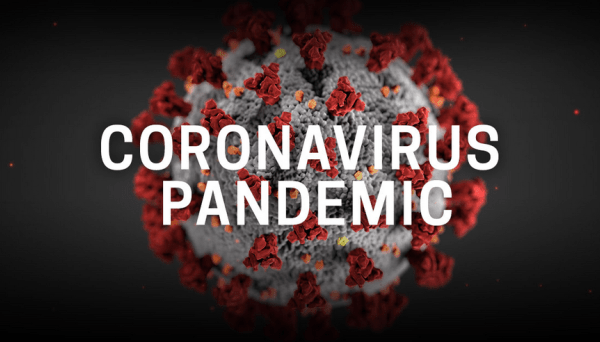Pt. Jaidath Maharaj M.Ed. (dist.)
President, Swaha International
The COVID-19 global pandemic has brought unprecedented turmoil to an already volatile social and economic space. Coupled with the global pandemic is the crash of the oil market, as demand for commodities decline. This has produced symptoms such as high unemployment, hyperinflation, scarcity of essential food and medication and drastic decline in the standard of living due to a drastic decrease in disposable income. Trinidad and Tobago’s economy is pegged to those of developed nations, such as the USA and China, and therefore, as these countries suffer the brunt of the global pandemic, our sovereign state will further experience decline.
As an NGO (non-governmental organisation), Swaha is affected by these realities and has already experienced changes in the manner in which the organisation operates. Currently all Swaha institutions are closed due to the partial lockdown and the classification of spiritual services as non-essential. Therefore, in keeping with the guidelines of the Government of the Republic of Trinidad and Tobago (GORTT), Swaha has cancelled all national and localized activities for the foreseeable future. In light of the GORTT guidelines, Swaha has adapted to offer basic services as needed to meet the requirements of the membership without compromising the safety of individuals or the public.
As an organisation with a social purpose, Swaha has been engaged in relief efforts to alleviate the suffering faced by its members and community. These take the form of donation of food items, relief hampers and face masks to those who are most vulnerable. Even with the expressions of kindness, however, Swaha as a single organisation is unable to meet the needs of all who may require help. In light of this, Swaha has partnered with the GORTT and civil society organisations to extend its reach into the communities.
While we wait with bated breath, tempered with hope for positive news of a vaccine for the deadly COVID-19 virus, all reliable sources indicate that we may not develop a vaccine for the next 12-18 months. During this time, the World Health Organisation (WHO) warns of a second and third wave of the virus that may be even more deadly than the first, based on trends from previous pandemics. It is expected, therefore, that nations globally will be required to continue social distancing, wearing face masks and self-isolation in cases where symptoms may be present, as the COVID-19 continues to sweep across the world.
What are the implications therefore for Swaha as an NPO (non-profit organisation)? Swaha is now precariously positioned, as it seeks to sustain itself in an environment of reduced opportunity for donations, endowments and funding for operations. This has potential debilitating effects on Swaha to contribute to wider social development in the manner to which it has become accustomed.
All organisations are currently asked to find new models of operations and to become innovative in the way in which they operate their core business. Swaha also needs to consider its sustainability and adopt a model that ensures its continuity and growth. This requires input from all stakeholders and the willingness to adopt strategies that may not have been considered in the past. Unprecedented times require unprecedented measures. In defining the “new norm”, however, a caveat must be placed that under no circumstances should Swaha lose sight of its core identity and its noble purpose to propagate Dharma and serve society.
In next month’s article we will consider some of the possible strategies Swaha can adopt as it evolves to a new normal. Swaha invites its members and members of the national community to reach out to us and offer your ideas on the steps Swaha should take to contend with the current global pandemic and to evolve for survival and growth into the future. You may send your contributions via email to swahainternational@gmail.com .



